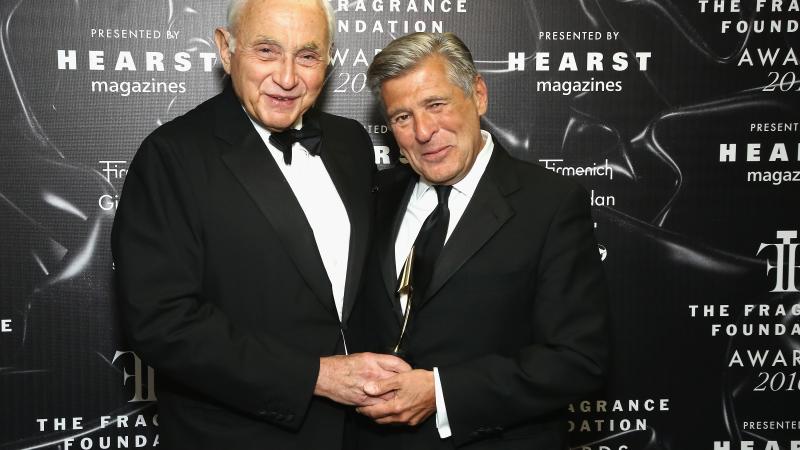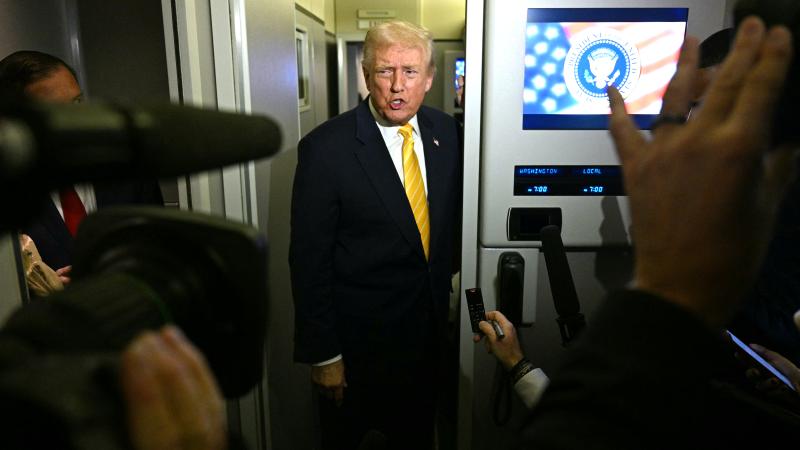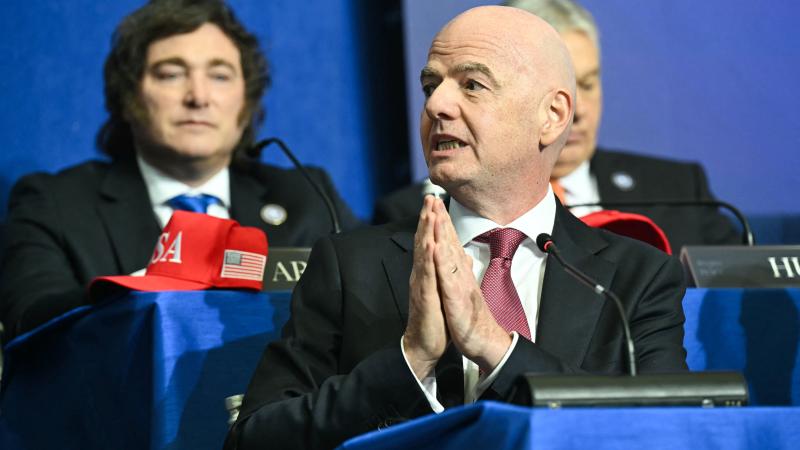Grassley announces judges' use of AI leading to court order errors, implementing new policies
"Each federal judge, and the judiciary as an institution, has an obligation to ensure the use of generative AI does not violate litigants’ rights or prevent fair treatment under the law," Senate Judiciary Committee Chairman Chuck Grassley said
Senate Judiciary Committee Chairman Chuck Grassley announced Thursday the responses from judges whose offices' use of AI led to court order errors, resulting in them implementing new policies.
Grassley released responses he received from U.S. Southern District of Mississippi Judge Henry T. Wingate, U.S. District of New Jersey Judge Julien Xavier Neals, and the Administrative Office of the Courts Director Robert Conrad regarding the two judges' use of generative AI to draft factually inaccurate court orders.
Wingate and Neals admitted to Grassley that their staff used AI to draft orders riddled with errors. The errors included state law that was misquoted, references to people who didn't appear in the cases, and quotes incorrectly attributed to defendants, among other inaccuracies.
“Honesty is always the best policy. I commend Judges Wingate and Neals for acknowledging their mistakes and I’m glad to hear they’re working to make sure this doesn’t happen again,” Grassley said.
“Each federal judge, and the judiciary as an institution, has an obligation to ensure the use of generative AI does not violate litigants’ rights or prevent fair treatment under the law. The judicial branch needs to develop more decisive, meaningful and permanent AI policies and guidelines. We can’t allow laziness, apathy or overreliance on artificial assistance to upend the Judiciary’s commitment to integrity and factual accuracy. As always, my oversight will continue.”
Wingate and Neals have since implemented new policies to verify the accuracy of their court orders.
Neals instituted a written policy that prohibits all law clerks and interns from using AI when drafting opinions or orders, in addition to a multi-level opinion review policy. Wingate is requiring all draft opinions, orders, and memos to be subject to a second independent review and that all cited cases be printed and attached to the final draft.
Conrad also told Grassley that it has recently established an advisory AI Task Force, which issued interim AI guidance in July that includes “general, non-technical suggestions” that allow for “the use of and experimentation with AI tools.” The guidance recommends that AI users consider “whether the use of AI should be disclosed.” The Administrative Office of the Courts stated the suggestions are non-exhaustive and intended to provide temporary guideposts while more permanent policies are being developed.















